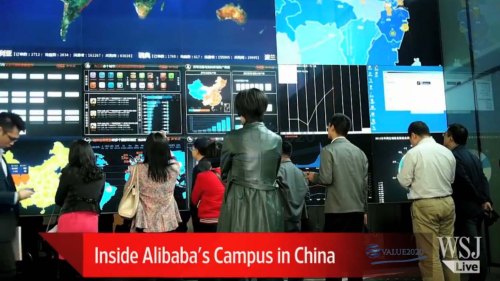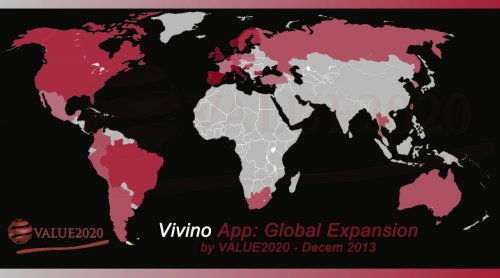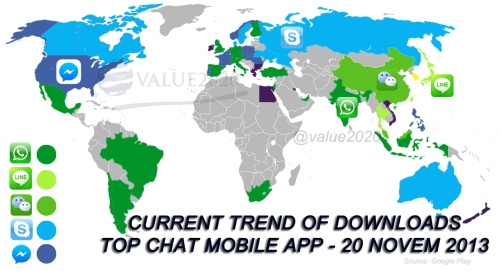A few examples of China moving ahead:
-Research and growing number of patents
-Mobile Internet
-Cities
-Transportation
-Service to customers
Remember China invented paper and gunpowder…
China is back on the path of innovation. Here are a few signs.
Chinese manufacturers are skilled at “process innovation” incrementally improving the way they make things.
Chinese Internet shows a change: there have been few recent, major innovations coming from China. Among other firms, Tencent, an Internet giant in China in e-commerce and social networking, SinaWeibo, and Alibaba, an ecommerce company already demonstrated their power of innovation. Some of the staff of the WeChat team worked previously for Google Inc.

While China is best in class at producing most of the world’s technology based products (for instance, iphone), it’s the marketers of the USA who continue to capture most of the value from those products.
Another example of Chinese innovation is giant Chinese telecommunication firm called Huawei, the largest telecom equipment manufacturer in the world with products deployed in more than 140 countries, covering more than one third of the world’s population.
Recently emerging as the third largest smart phone manufacturer behind Samsung and Apple, Huawei is moving from low end budget phones into the more premium market shipping 32 million smart phones during 2012 – up 60% on the previous year. In partnership with Google and its Android OS, Huawei is clearly targeting the proprietary, closed Apple products which to date have led the world but are now under real threat from the Korean brand and now the Chinese brand.

To continue the economic transformation, China is pouring billions of dollars into innovation and R & D programs, attempting to move up the value chain. Tencent, Baidu, Alibaba, and Huawei built massive campus in Beijing or Shenzhen. Those companies want to lead in the future and know the importance of the state of the art R &D building.
Product innovation is visible as well with the increasing number of employees with a PhD degree among the R & D teams. For instance, Huawei is the largest applicant for worldwide patents, doing better than Samsung, Apple, and Google.
Haier, the world’s No. 1 white goods brand, has developed a range of design-led refrigerators and dishwashers, offering a palette of coordinating colors and finishes. In order to satisfy its customers’ various needs, Haier offers tailor-made design for its refrigerators: “your refrigerator, your design”. Haier already entered the Internet of things, connected home appliances. The 3D refrigerator has a built-in Wi-Fi connection with a touch screen offering many functions, such as being able to check the weather forecast. Thanks to RFID chips that are built into the packaging of the contents of your fridge, this product can even alert you to when food will pass its ‘best before’ date.

How are Chinese companies successfully targeting its consumers in China? They do what every good company should do: listen to its customers’ complaints and deliver products that address their needs.
Can China innovate on a global basis? We think positive under the condition of understanding the differences in addressing the needs of other cultures. WeChat is an example of innovative product (both chat app and social network) which starts to succeed outside China.
What we are still waiting to see are products and services sold worldwide which are both innovative and disruptive.








You must be logged in to post a comment.